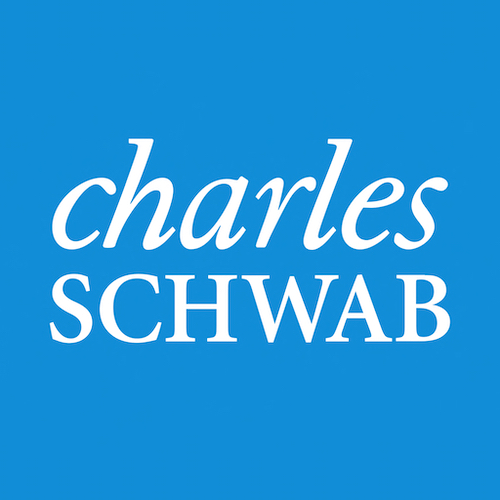Making Saving a Regular Habit

Making Saving a Regular Habit
We all know the basics of savings – spend less than you earn. But how can we get into the habit of putting that money away? There are so many methods and reasons to save but it is important to make sure you start. The first step is having a goal in mind for the account you are contributing to. Some of the most important and common savings accounts to have include those for emergency funds, retirement savings, and future education goals.
What to Save For?
Emergency Fund. An emergency fund is money set aside for any unexpected expenses you may endure throughout life. These could range anywhere from a new roof, car repairs, dental work to taking care of expenses associated with a sudden job loss. Everyone should have an emergency fund account that is treated like a safety net – only used when needed. Many clients will ask, how much should I set aside? While the amount of money varies for each person, the ideal amount to save should be able to cover your average total living expenses for 3-6 months. For single people or a one-income household, it may be beneficial to set aside a larger amount. As you continue to save, incur emergency fund expenses, or have paid down any debt, it may be time to revisit the amount saved. This is a time to consider upping the amount saved to 6-12 months of expenses.
Retirement Accounts. The second type of savings accounts you should consider having is a retirement account. The sooner you start saving for life in retirement, the less you will worry down the line as it approaches. The best place to start is by exploring any of your employer’s retirement options whether that is a 401k, 403b, TSP, Simple Plan, or a SEP IRA. It is extremely common for an employer to offer a matching contribution incentive, which you should think of as free money! If your employer is willing to give you more money- just by saving your own- you should consider taking advantage of it. It’s okay to start small and gradually increase your contributions as you feel comfortable.
Education Goals. More and more people are returning to school to further their education by getting a master’s or doctorate but there is a lot more than just the cost of tuition that comes with it. Along with the high cost of tuition, there are other expenses such as books, materials, and transportation. It is also important to factor in the expense of not working full time or the cash flow from a job. Saving for your children, grandkids, and/or loved ones to help lessen the burden of college costs is something that can be planned.
“Treat Yourself” Fund. While saving for emergencies or unexpected expenses is important, it is also important that we remember ourselves. Saving up to buy something we really want can feel like a real victory, and, to our brains, it’s the winning aspect that matters. For those who haven’t already started saving for retirement and emergencies, having a reward fund is a great motivator. It is okay to set aside a little money for yourself each month as a small indulgence will do wonders for your money morale. Just remember that a healthy budget consists of more money set aside for expenses and savings than it does for indulgence purchases.
Tips on Making Saving a Regular Habit
- Set up Automatic Transfer
- Pay yourself first on payday by setting up an automatic transfer from your direct deposit account each pay period into a savings account. This causes no extra hassle for you and you’ll become accustomed to no longer categorizing that money as spending money.
- Budget for Your Savings
- While having a budget for your expenses is great, it is important to budget for how much you want to save each week, month, or year. By determining this amount, you will have an idea of where you should be versus where you are. A great way to do this is by working backward. You can start with your salary and subtract your expenses. The leftover sum is the amount you can afford to save.
- Give Yourself Goals
- Creating goals and mini-check points can provide you with some motivation to achieve them. If you need to increase your emergency funds savings, consider also contributing to a “treat yourself fund” that can be used for fun things or activities.
Remember-getting into a regular savings habit is more important than the amount you put away, so get started today!
Questions and Consultations
If you have questions or if you’d like to schedule an appointment to discuss your finances, contact us today.
Want more information? Sign up to receive our monthly e-newsletter here.
Partnership Wealth Management is a comprehensive financial services company. We are committed to providing our clients with financial planning and wealth management services to help them make the most of their investments. At Partnership Wealth Management we have a long history of working with the LGBT community. Among our many services, we offer financial planning for gay couples and lesbian couples as well as estate planning for gay couples and lesbian couples. Financial planning is an important part of preparing for the future, contact us today to get started: www.partnershipwm.com. We always try and provide the best information – We are not responsible for information on third-party sites. Thanks for reading!


